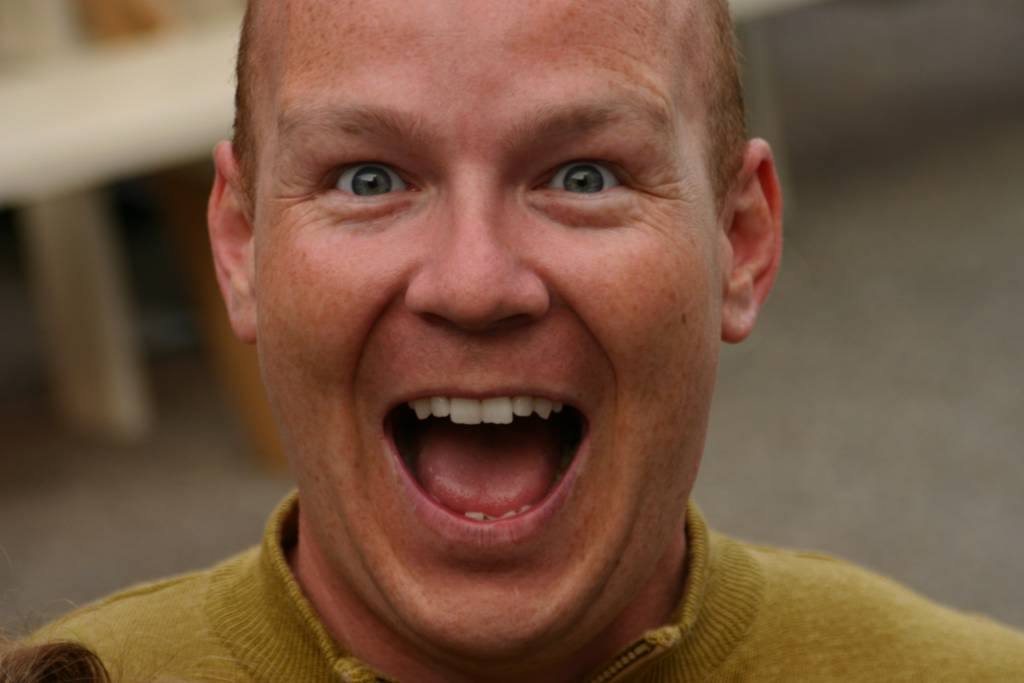Philosophical Deliberations on Nature and Nurture

When building a case for the importance of nature against nurture, Socrates (469-399) is worth considering not only for his thoughts but for modeling this action. In a culture dominated by perception-based theory he stepped out with a contradictory belief. Socrates demonstrated his philosophy through a method of education known as dialectic. Instead of lecturing to his students, he asked questions that led them to discover the truth for themselves. This theory necessitated the belief (according to Socrates) that knowledge lies within us and merely needs drawn out. As Hunt (1994) reminds us “to educate” comes from the Latin meaning “to lead out”. p21. Socrates teaching methods demonstrated that people unaware of certain facts could recall them through dialectic reasoning. This therefore shows that knowledge has more to do with recollection than it has to do with experience. Through the use of reason it can be shown that nature has more influence in knowledge than nurture.
The consideration of nurture as more important than nature can be discovered through the theories of Alchmaeon (fl. 520), and Protagoras (485-411), that were developed further by Democritus (460-362) via his theory of atoms which highlights the interaction of the outside world with the eye of the beholder and the ultimate product of perception and knowledge. This theory made clear that as human beings we not only learn and gain knowledge from our surrounding influences but in addition we create a perception on the world that is different from others and likely not an accurate representation of reality. Accepting that we come into the world with a blank slate of mind ready to be written is an important truth to comprehend as otherwise we are left to accept that we are merely the shell for an eternal spirit of knowledge.
My personal opinion of the two camps considered above can be defended through Aristotle the protégé and contradictor of Plato. Being the son of a physician it would appear that a more grounded approach arose. Aristotle helped to show that we recall things not only from an innate body of knowledge but also from memory. I refer to Aristotle because he seemed to be able to synthesize the two main bodies of thinking and stress the importance of inductive reasoning without disputing deductive reasoning. When considering dialectic reasoning today I cannot get past the fact that it hinges on leading questions. These questions in themselves share the direction and intent of the questioner and lays out the obvious observer participant relationship. Had this relationship been considered in Socrates era perhaps a richer worldview would have been deduced. Choosing to elevate nature over nurture or vice versa can lead to important debate and discoveries but choosing to recognize the contribution of both and seeking to know more of their relationship may lead us further in the 21st Century.
Mark Dowds



